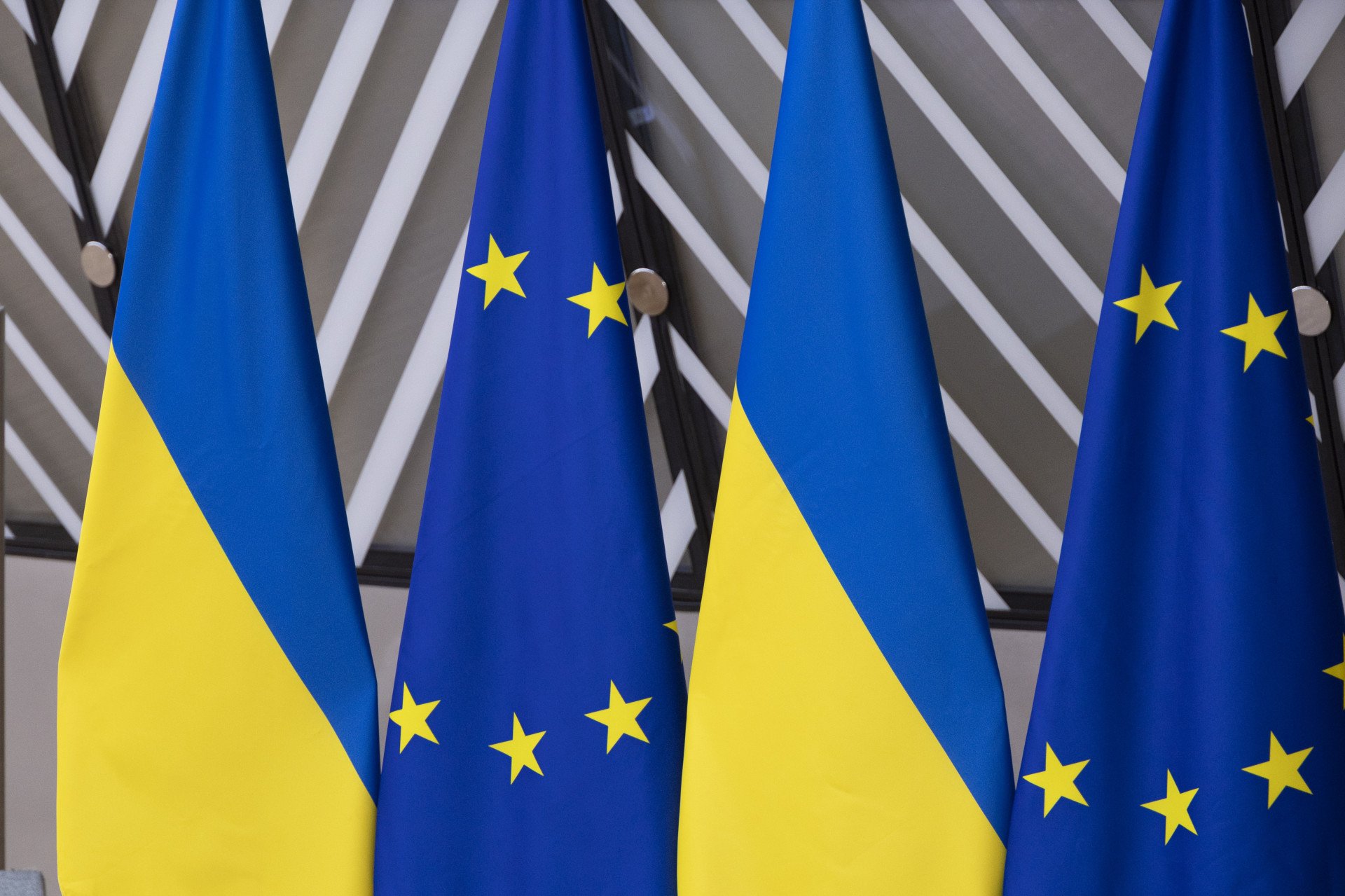- Category
- Life in Ukraine
Ukraine Is The First Ever Country Set to Join the EU During a Full-Scale War

On the path to the EU, Ukraine faces a dual challenge: implementing reforms and fighting a major war.
Ukraine has officially embarked on the journey of negotiations to join the EU, two years after submitting its application in March 2022. A significant amount of work lies ahead, with projections indicating that it will take 5-6 years to carry out the necessary reforms and create legislative standards that meet European requirements. It is expected that Ukraine will become an EU member by 2030.
It might seem that six years is a long time. However, the path to EU membership is typically not quick. Many Central and Eastern European countries took about ten years to become EU members. Therefore, this timeline seems quite acceptable.
However, the circumstances are entirely different. Ukraine is the first country set to join the EU during a full-scale war. Currently, Russia occupies about 20% of Ukraine's territory, has destroyed a significant portion of its energy infrastructure, ruined one hydroelectric power plant, and occupies the largest nuclear power plant in Europe. Ukraine spends all its resources and financial capabilities on fighting an enemy with more human and financial resources than it has.
Despite all this, Ukraine does not ask for concessions from the EU: all procedures and processes will proceed according to the same rules that apply to all countries.
What awaits Ukraine on the path to EU membership
Even before official negotiations began, Ukraine had to complete extensive questionnaires and provide information on various aspects of the country's life. This was completed in the shortest possible time. Next came recommendations from the EU: the European Commission highlighted seven areas needing improvement, later adding four more. These included the work of anti-corruption bodies, additions to the work of the Venice Commission, and so on. This work took over a year and was implemented according to EU requirements.
Following this is the completion of 35 chapters of European legislation, divided into six clusters. Each cluster is addressed one by one, not in parallel, and Ukraine must complete them sequentially. After finishing one cluster, Ukraine must report on it, close it, and then an EU member vote must take place before moving on to the next cluster.
This adds time to the process of meeting EU requirements, but it is a traditional process, the same for all countries. There is no simplified system or fast track.
Another rule remains in force: if a cluster is successfully closed and they move to the next, but for some reason the previous cluster regresses or a law is repealed, it will be revisited, and work will not proceed until a satisfactory assessment is obtained and maintained.
Ukraine at war
Currently, Ukraine is the only country attempting to join the EU while at war. This obviously adds complexities.
Firstly, the reforms Ukraine needs often require changes in legislation. Organizing meetings of the parliament, ministries, and government is easier now, but during the intense shelling of Kyiv and the initial full-scale invasion, the legislative process faced difficulties and pauses.
Secondly, prioritization. Ukraine's primary goal is to preserve its statehood and independence, so defense and military needs are prioritized and funded first. Today, Ukraine’s entire budget goes towards defence and the needs of the Armed Forces of Ukraine. Other expenditures are covered by partners. Therefore, some legislative changes will need to be coordinated with these partners, such as the IMF. All this takes time.
Human and financial resources are also massively directed towards the war with Russia.
Finally, Ukraine faces a major challenge of reconstruction: the war destroys everything around it. From March to June 2024 alone, Russians shelled frontline regions 8,399 times, damaging over 7,000 civilian buildings and destroying a significant part of the energy infrastructure. Ukraine's task is to rebuild what has been destroyed and to bring back millions of people who were forced to leave due to the full-scale invasion.
In the end, we have a double challenge. Preparing a country for EU membership takes years, even for states not at war. Ukraine has a task with an asterisk because some of its territory is occupied, its economy is under significant strain, and its resources are mobilized to defend the country from Russia’s invasion.
Despite this, Ukrainians promise to meet the deadlines. The demand is there: 84% of Ukrainians want to join the EU, a very high level of support among the population.
Banner source: Getty Images.
-29a1a43aba23f9bb779a1ac8b98d2121.jpeg)

-554f0711f15a880af68b2550a739eee4.jpg)


-6ead6a9dd508115a5d69759e48e3cad1.jpg)
-7f50738271c122a9b5e663cb80703dd6.jpg)
